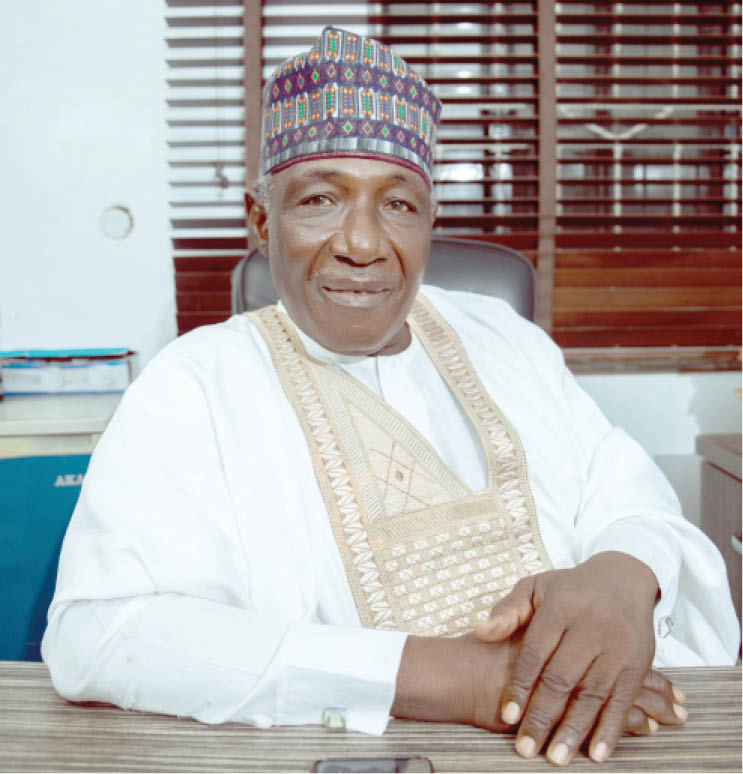Alhaji Aliyu A. Kiliya is the national president of the Nigerian Association of Auctioneers (AAU) and a certified consultant to the Bureau of Public Enterprises (BPE). Kiliya who has spent 46 years in the auctioning industry, in this interview, said the federal government can generate over N4 trillion from the ongoing efforts to auction recovered assets by the presidential inter-ministerial panel.
What role did your association play to get to this stage of auctioning of recovered assets?
In 2017, when the federal government wanted to seek foreign loans, we started agitating for auction of recovered, forfeited and unserviceable assets. I also made calls to Mr President through press statements that the funds generated from the auctions would be enough to fund their projects rather than borrow.
- As NLNG flags off Train 7 Project
- IPOB partners Cameroonian secessionists on training, arms exchange
In 2018 also, I continued to make similar calls to Mr President and I did not get the attention at that time. In 2019, I made the same call that all recovered assets be sold and used to fund the budget of 2019. Later in 2020, the president formed an inter-ministerial committee that looked into all these matters. The committee has various government agencies participating.
We thank the honourable Minister of Justice who has given his time to ensure that the president has carried out what he promised. Fortunately, the committee started the work inviting all auctioneers that expressed their interest to come and submit their bids.
We were also invited as stakeholders to participate as observers to show our experience and to guide and see how the work will go forward as experienced auctioneers in the field.
How much do you anticipate could be generated from the auctions?
There are so many ways of generating revenues in auctions. First, it is going to be given to auctioneers to invite potential buyers from far and near. It is going to be competitive sales. The competitive sales would generate more revenue. I believe if they go by the rule, what they are anticipating may be even more than that. From what I have seen from the recovered and forfeited items, more than N4 trillion could be generated.
What advice do you have for the committee and the 2,000 firms that applied for the auctioning?
It is good that the committee as well as the ministry are going forward with the exercise. It is also good that most of the stakeholders were invited to come and witness how the process would begin. But my advice is that this is a special auction that needs experienced people to participate in and involves a lot of special materials. It is good to safeguard the exercise from any litigation when experienced auctioneers handle it in the way that is provided by the Bureau of Public Procurement policy. If this is done, the president would achieve the objective he is looking for from the disposal, and the ministry would be protected.
It is good that the government has centralised these jobs within the premises of the ministry to be the custodian of whatever may come up.
You are concerned about likely lawsuits, why do you think so?
Once the laid down procedures for the disposal are not followed, there is every tendency there would be issues. We are thinking that as these things are being handled by the Federal Ministry of Justice, they would try their possible best to ensure that the auctioneers comply with the laid down procedure to avoid litigation. They would use experienced auctioneers who have been long in this business and know the technicalities involved so that the objectives would be achieved.
What plans do you have for the teeming unemployed youth who may be interested in this business?
We are affiliated with the Bayero University’s Department of Business so that they can host training for our members both old and new on the disposal of public property. Not everybody has knowledge in the disposal of government property but many are interested.

 Join Daily Trust WhatsApp Community For Quick Access To News and Happenings Around You.
Join Daily Trust WhatsApp Community For Quick Access To News and Happenings Around You.


